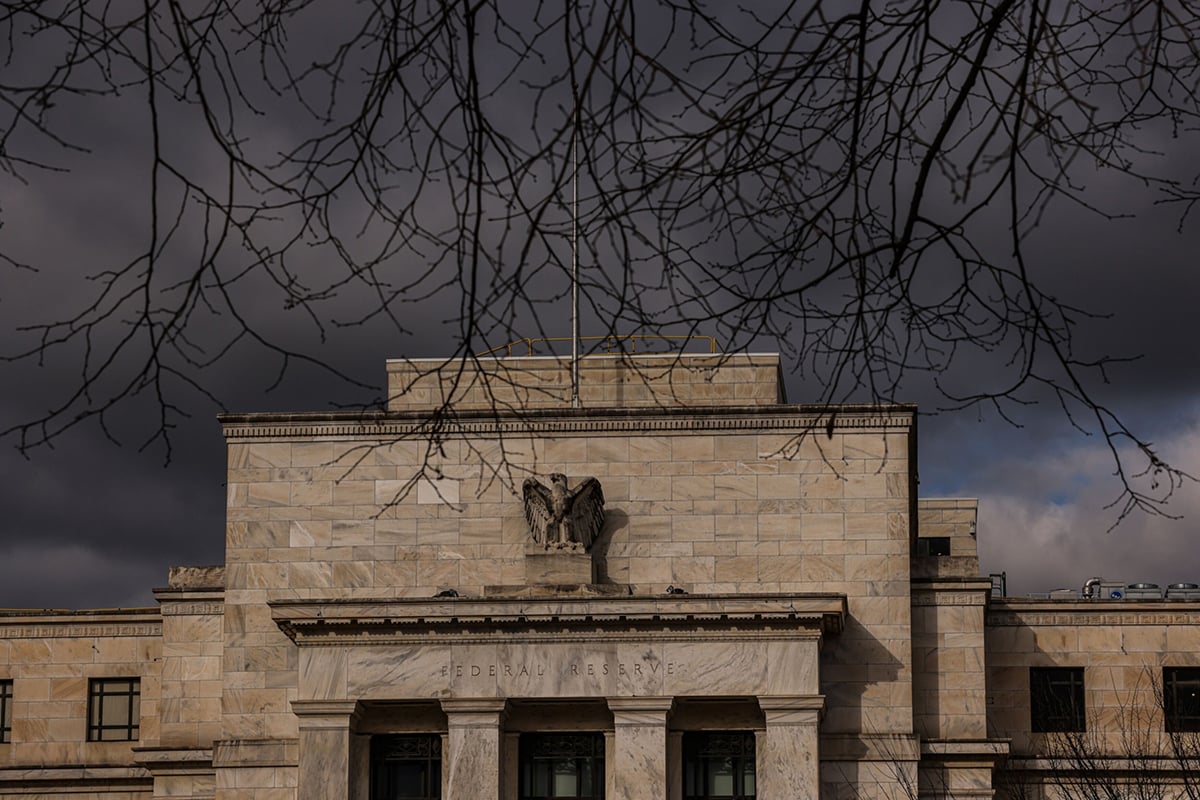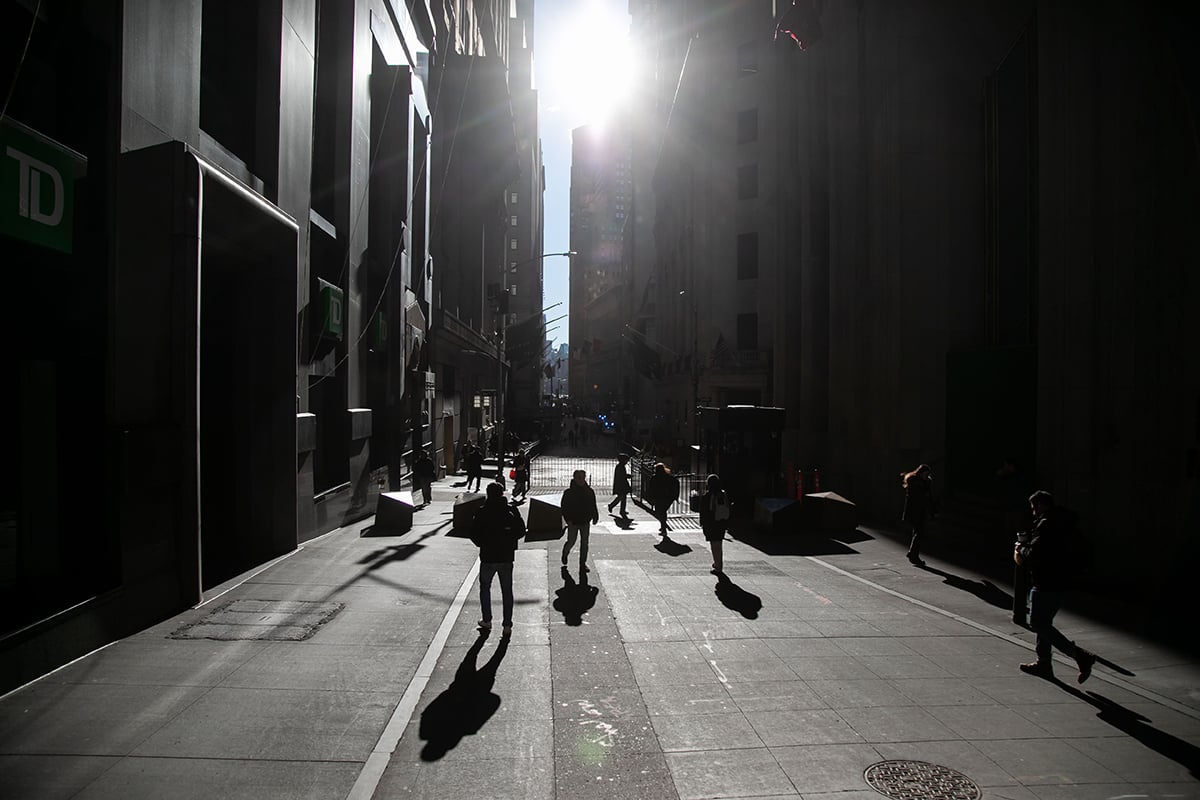George Soros probably shouldn't expect any warm invitations toBeijing—not with the much-reviled short seller warning of a giantChinese crash.
|The billionaire first shook a major government in September1992, when he led an attack on the British pound. For his role inhumiliating London and forcing John Major's government to exit theEuropean exchange-rate mechanism—essentially the euro—Sorosreportedly netted $2 billion. Soros made a bundle off America'ssubprime debt crisis as well. Here in Asia, his legend has loomedlarge since 1997, when then-Malaysian Prime Minister MahathirMohamad accused him, bizarrely, of heading a Jewish conspiracy tospark an Asian crisis.
|Now Soros has his eye on China. In a Jan. 2 op-ed for Project Syndicate, Soros didn't say whetherhe's shorting China. But he did connect the dots in a way thatcan't make President Xi Jinping happy. To Soros, the main riskfacing the world isn't the euro, the U.S. Congress, or a Japaneseasset bubble, but a Chinese debt disaster that's unfolding in plainsight.
“There is an unresolved self-contradiction in China's currentpolicies: restarting the furnaces also reignites exponential debtgrowth, which cannot be sustained for much longer than a couple ofyears,” Soros wrote.
|Xi would be negligent to ignore Soros's warnings. He's hardlyalone: Peking University professor Michael Pettis and Jim Chanos ofKynikos Associates have been beating this drum for years.Silvercrest Asset Management's Patrick Chovanec worries about a “shadow” Chinese balance sheetthat would be keeping policy makers awake around the globe, ifBeijing's obsessive opacity weren't concealing the problem.
|China would never admit to basing policy on outsiders' warnings.Still, it's interesting to see the flurry of official Chinese movesthis week aimed at reining in the shadow banking sector. On Monday,for example, China's Cabinet imposed new controls on themultitrillion-dollar sector, targeted off-the-books loans, andpromised to beef up enforcement of current rules.
|I'm thinking we need to call this industry what it really is:China's answer to Enron. The Houston-based Enron's real businesswasn't energy and commodities, but book-cooking. The same holdstrue for China's shadow-banking entities. They are the fuel Beijinguses “to restart the furnaces,” without attracting the notice ofMoody's, Standard & Poor's, or the U.S. TreasuryDepartment.
|China's financial system is the ultimate black box. You don'thave to be a genius to conclude that when JPMorgan Chase estimatesshadow banking to be 69 percent of China's 2012 gross domesticproduct, it's a wildly conservative guess. I wouldn't quite add azero, but if China fudges trade and other run-of-the-mill data, youcan imagine the lengths to which it goes to hide the magnitude ofits credit bubble.
|“There are some eerie resemblances with the financial conditionsthat prevailed in the U.S. in the years preceding the crash of2008,” Soros wrote. “But there is a significant difference. In theU.S., financial markets tend to dominate politics; in China, thestate owns the banks and the bulk of the economy, and the CommunistParty controls the state-owned enterprises.” He added: “How andwhen this contradiction will be resolved will have profoundconsequences for China and the world.”
|The problem, as economist Stephen Roach sees it, is China'spropensity for thinking that slogans are sufficient. There is aninherent disconnect between lofty pledges of economic reform,sustainable growth, and public accountability, and Xi's repeatedassurances that China can grow north of 7 percent a year. China caneither restructure its economy or grow rapidly—it can't do both.Bottom line, the higher China's growth rate, the less retoolingthat's going on and the more debt the nation is amassing behind thescenes.
|The need to restructure applies to Beijing, too. The untold partof last year's Bo Xilai story was that he was merely the vanguardof ambitious local officials looking to build the next Shanghai.Bo's greater Chongqing area comes pretty close, boasting apopulation bigger than Shanghai's and a skyline that rivals NewYork's. The way such regional leaders win Beijing's attention israpid growth. That means all around China, far from Beijing's view,are dozens of nascent super cities all borrowing like mad todeliver big GDP numbers. They're generated by massive projects tobuild highways, bridges, international airports, five-star hotels,universities, splashy art and sports centers, apartment villages,shopping arcades to welcome Gucci and Chanel, and, of course,record-breaking skyscrapers.
|People haven't made lots of money betting against China. ButSoros is absolutely right that there's a worrisome disconnectbetween China's pledges to move away from excessive investment andoverborrowing and toward a services-based economy withoutsacrificing rapid growth. If Xi doesn't act now, Soros could makeway more than $2 billion when things go awry and savage the globaleconomy. Add a zero.
|Copyright 2018 Bloomberg. All rightsreserved. This material may not be published, broadcast, rewritten,or redistributed.
Complete your profile to continue reading and get FREE access to Treasury & Risk, part of your ALM digital membership.
Your access to unlimited Treasury & Risk content isn’t changing.
Once you are an ALM digital member, you’ll receive:
- Critical Treasury & Risk information including in-depth analysis of treasury and finance best practices, case studies with corporate innovators, informative newsletters, educational webcasts and videos, and resources from industry leaders.
- Exclusive discounts on ALM and Treasury & Risk events.
- Access to other award-winning ALM websites including PropertyCasualty360.com and Law.com.
*May exclude premium content
Already have an account? Sign In
© 2024 ALM Global, LLC, All Rights Reserved. Request academic re-use from www.copyright.com. All other uses, submit a request to [email protected]. For more information visit Asset & Logo Licensing.







